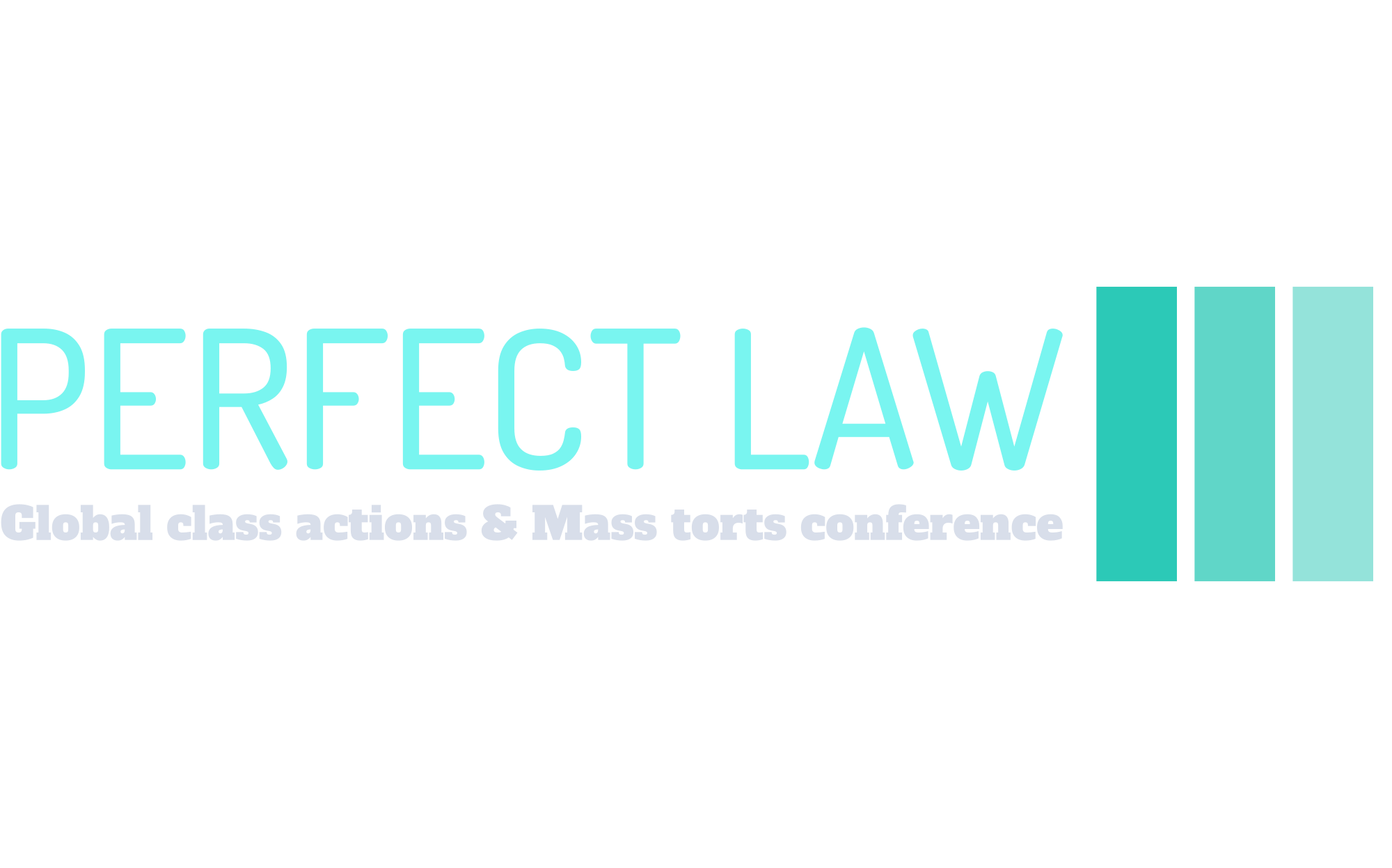A year after another blogpost published on this website on Gormsen v Meta, a case concerning a data abuse claim involving Facebook, the Proposed Class Representative (PCR), Dr Liza Lovdahl Gormsen, has submitted a renewed application to commence collective proceedings against Meta. This time, on 15 February 2024, the Competition Appeal Tribunal (CAT) admitted the application. The CAT ruled on whether the case was arguable and properly case-manageable according to the Pro-Sys test, on whether the funding to be used was grounds for non-certification, and on the contested definition of the class.
In last year’s ‘First Ruling’, the CAT decided that the PCR’s application did not meet the Pro-Sys test, but it offered a stay for the PCR to compile ‘a new and better blueprint to an effective trial’. In line with these instructions, the PCR’s renewed application provides for an overhauled methodology for establishing common losses on a class-wide basis.
The PCR’s revised claim and methodology rests on the proposition that Facebook users’ data is more valuable than the free social networking service and that the GDPR requires the users’ consent for their data to be tracked, extracted, and then monetised through targeted advertisements by third parties. It assesses the benefits that the data gives to Meta’s advertising business on the one hand and the privacy cost to the users and, thereby, the collective losses suffered on the other. Distinguishing between ‘On-Facebook Data’ and ‘Off-Facebook Data’, which refers to data tracked and extracted from non-Meta products or third-party website and apps, the PCR makes the point that there is excessive and unfair pricing and an abuse of a dominant position, as no corresponding value transfer is made to the users. The CAT found it hard to see the relevance of the distinction between On- and Off-Facebook Data per se. However, it acknowledged that the extraction of Off-Facebook data provides considerable additional value for Meta.
That Meta abused its dominance because it offered its services on a ‘take-it-or-leave-it basis’ was not considered arguable in itself. But the CAT understood that the claim seeks to ensure that a choice is offered to users on whether they agree to provide Meta with only On-Facebook data or with Off-Facebook Data as well. This would provide users with more agency over their own data. In the absence of effective competition faced by Meta, users should be allowed to bargain over the terms of the use of their data or to be paid for handing over their own personal data, which, as the PCR asserts, allows Facebook to ‘create extraordinarily rich and detailed profiles on its users for use in targeted advertising services’.
The CAT ultimately considered the claim to be arguable and case-manageable and granted an opt-out collective proceedings order. However, it also mentioned that the claim faces clear difficulties and complexities in its pursuit. An incremental increase in the price (in the form of more personal data being handed over to Meta) without a change in the nature of the service is not abusive in itself. But if it were the case that the extraction of On-Facebook Data was already profitable, and perhaps unfair, then using Off-Facebook Data in addition would be unfair. In that case, loss and damage would have been caused by the lack of bargaining options made available to users, or by the lack of payment for the data. Therefore, even though this case is on its face primarily concerned with data protection, it can be analysed through the lens of competition law. This framing allows to bring the case within the CAT’s remit and to claim damages on a class-wide basis.
On the question of funding, the CAT did not find it necessary to review the funding arrangements between the third-party funder and the PCR at the certification stage, in the absence of extreme funding provisions. ‘The return to the funder, and questions of costs generally, are controlled by the Tribunal on settlement or judgment’.
Finally, the CAT’s ruling rejected Meta’s technical objections surrounding the PCR’s definition of the class as including all users who are natural persons in the UK. The unanimous conclusion was the reassertion that the certification process of class proceedings needs to be seen in light of ensuring access to justice.
It remains to be seen how the class action fares, particularly when considering the ‘unfamiliar and novel context’ in which it asserts the infringements of rules on abuse of dominant position. In any event, the case brings to attention the standards for satisfying the Pro-Sys test and for class-action certification, and it shows that the CAT is ready to apply the competition law regime to cases that, at their core, are concerned with data protection. The future will tell whether further types of cases can be thus ‘shoehorned’ into the regime and whether it would not be wiser to formally open up collective proceedings to all areas of the law.
Adrian Cordina
PhD Candidate, Erasmus University Rotterdam
Member of the NWO Vici Project on Affordable Access to Justice
Anton Burri-Wenzel
PhD Candidate, University of Lucerne
Anton Burri Philipp
Editor in Chief



